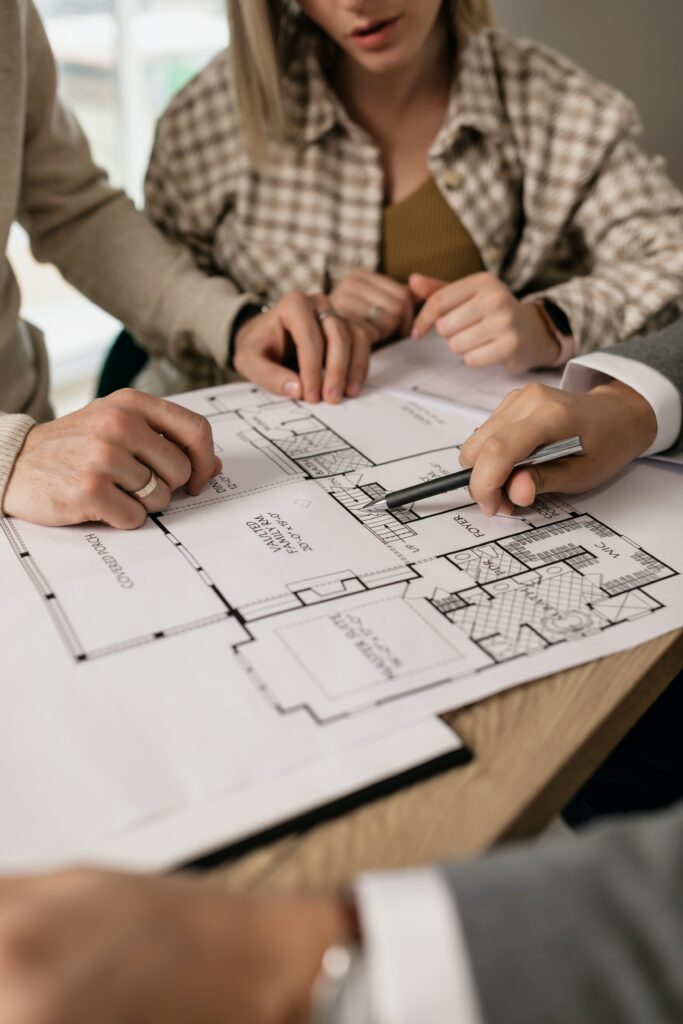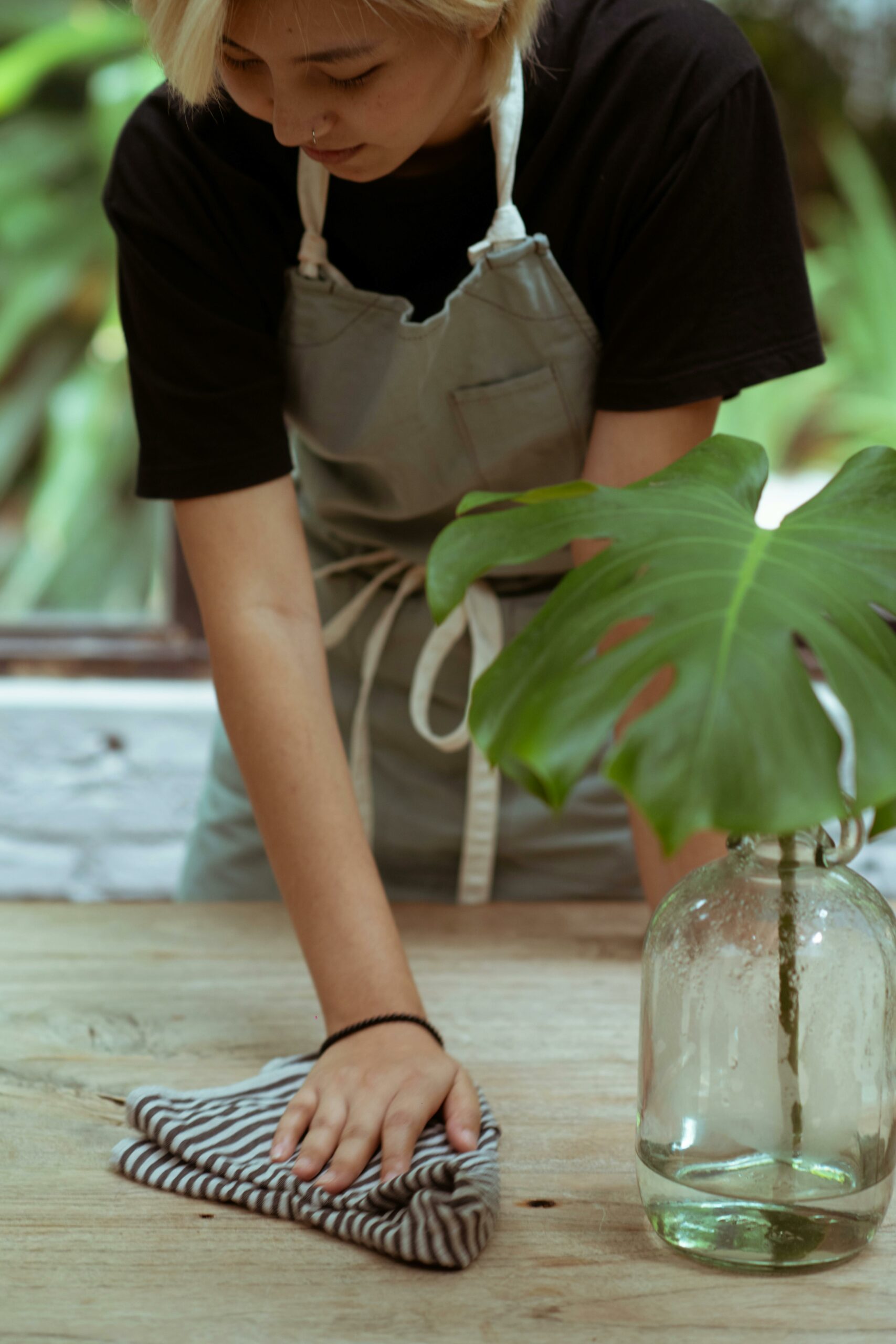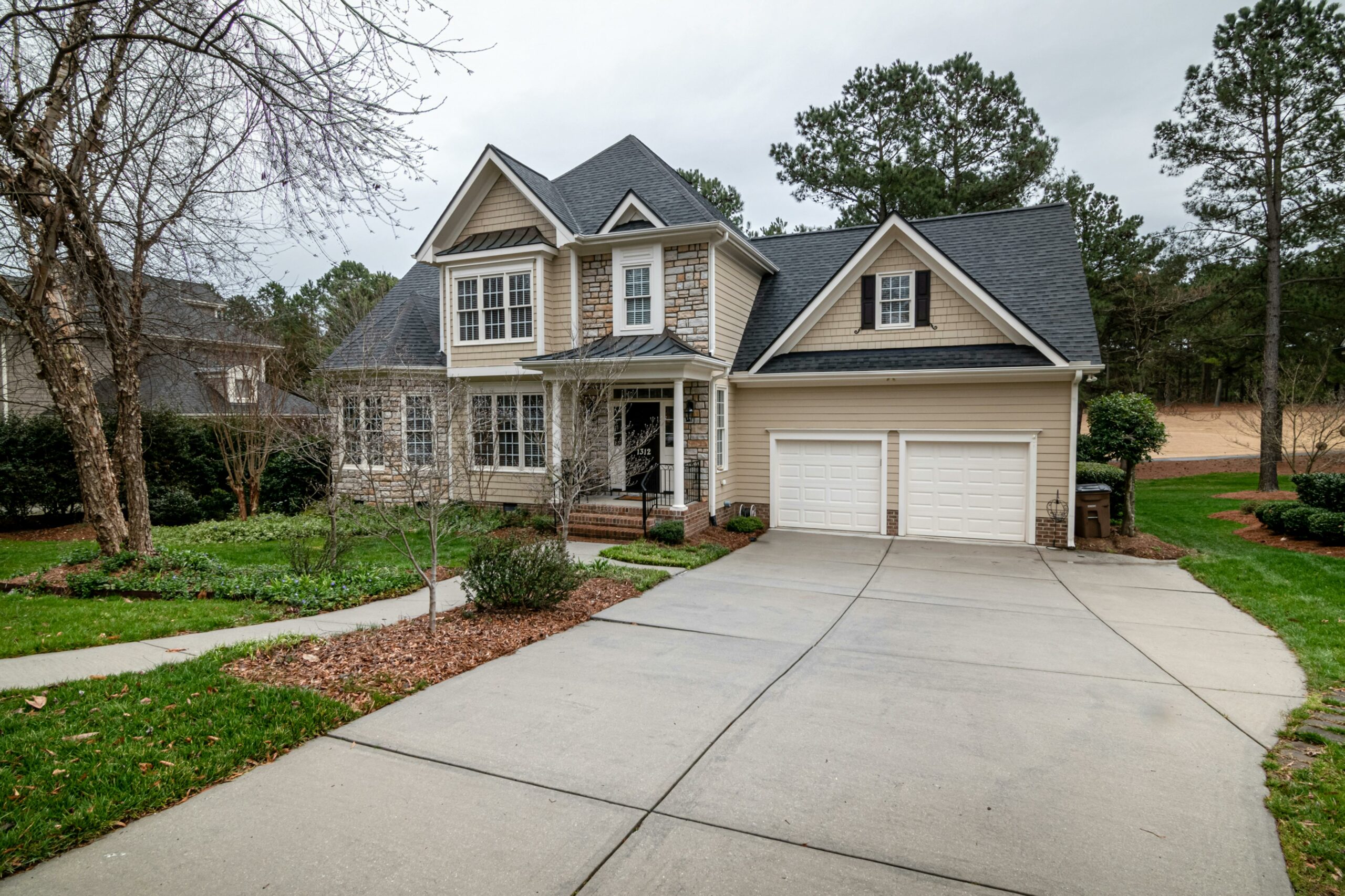Owning a home is an integral part of the American dream—an investment that not only provides a roof over one’s head but also offers a potential source of wealth. This opportunity expands even further when you consider purchasing a second home.
Although the idea is attractive, is a second home truly a good family investment? That prompts another question: What’s considered a good investment?
Broadly, an investment is considered ‘good’ if it provides a return, whether through increased value, rental income, or in this case, providing a place for family gatherings.
However, purchasing a second property is no simple task, especially when it comes to home deposits. Check here to learn more about how home deposits work, as well as the factors that may affect them.
In this post, you’ll learn whether you should own a second home as a family investment. Keep on reading to learn more.

The Pros Of Owning A Second Home As An Investment
What comes to your mind when you hear ‘a second home’? You’d probably think of shared vacations, relaxation spots, or potential retirement havens.
Owning another property offers significant benefits, especially when viewed through a family-oriented lens. Here are some notable advantages to it:
A Tangible Asset With Potential Financial Gain
A second home grants you a tangible asset, something you can see, touch, and feel. It’s an investment that may appreciate over time, especially if located in a desirable region, like near a beach, in the mountains, or close to a city center.
As housing markets fluctuate, a well-chosen second home can lead to substantial capital gains in the long run. Plus, a second property offers a potential fallback if you wish to sell your first home.
Opportunities For Rental Income
If you don’t plan to occupy the second home, you may lease it out to a renter to have an additional stream of income. This could yield substantial profits for families with property in a popular tourist destination, especially during high-season months.
Furthermore, renting a second property is an excellent way to offset costs like maintenance, insurance, and property taxes.
Tax Advantages
Under certain circumstances, owning a second home can offer tax advantages. For example, mortgage interest and property taxes may be deductible if your home is used for personal purposes more than a specified number of days per year.
And if the property is rented out, expenses associated with rental activities may be deductible. Always consult a tax professional to understand these benefits better.
Future Retirement Option
Lastly, a second home can serve as a potential retirement destination. As families spend time at their second property, they may grow fond of its community and lifestyle, making it an attractive place for future retirement.
This benefit not only offers peace of mind but provides the freedom to transition into the next phase of life with ease. too
Indeed, owning a second house is very beneficial to individuals looking to have a family investment.
The Cons Of Owning A Second Home As An Investment
While owning a second home can be exciting, it’s not without challenges. Below are several potential downsides you should carefully weigh before making a decision.
Financial Burden And Risk
One of the downsides of owning a second home is its additional financial responsibility. Aside from its purchase price, there are ongoing costs such as property taxes, homeowners’ insurance, utilities, and maintenance involved in having a second property.
These expenses can strain your family budget, especially if unexpected repair costs arise.
Moreover, while real estate often appreciates over time, there’s no guarantee; market conditions can change, and property values can fall, leading to potential financial losses.
Potential Rental Headaches
Renting out a second home when not in use seems like an excellent way to offset costs, but it can also bring headaches. Finding reliable renters, dealing with late payments or damage, and managing turnover can all be time-consuming and stressful.
Plus, rental income isn’t guaranteed. There may be periods when the home sits vacant.
Limited Vacation Variety
A second home often becomes the default vacation destination to justify the investment. This focus can limit a family’s opportunities to travel elsewhere and experience new places.
It’s a commitment that may eventually feel more like an obligation than a pleasure.
Negative Tax Complications
While there can be tax benefits to owning a second home, there can also be complications. For instance, you have to report your rental income on your tax return if you rent out the property.
In addition, rules around deductions for property taxes and mortgage interest have become more stringent. This may potentially reduce the tax benefits of a second home.
Always keep in mind the drawbacks that come with having secondary home property as a family investment before making the move to make an investment.
Final Words
While the prospect of owning a secondary residential property may seem very appealing, it’s crucial to evaluate all the pros and cons involved thoroughly.
A second home can be a good family investment, yet it’s not a decision to be taken lightly. It requires thoughtful consideration, planning, and, most importantly, a clear understanding of what this investment entails.
Consider hiring an expert specializing in real estate investment for further guidance.





